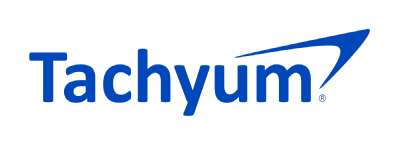Tachyum Advances System Software To Pre-Production StateLAS VEGAS, Nevada, March 8, 2022 – Tachyum™ today announced the latest progress made by its software team that advances the capabilities of its Tachyum Prodigy® processor, as the company continues to progress towards production-ready status. Among the enhancements to Prodigy are improvements to its Unified Extensible Firmware Interface (UEFI) specification-based BIOS (Basic Input Output System) replacement firmware and the incorporation of the latest versions of the QEMU emulator and GNU Compiler Collection (GCC).
Prodigy’s software stack – from ISA (instruction set architecture) through compilers to ported software – was developed to reduce integration time and ensure compatibility of Prodigy-based architectures. The advancements made in Tachyum’s most recent update are among the first in the company’s software plan for 2022 and position Prodigy for production-ready status with the first devices to be released later this year.
Among the enhancements of Prodigy’s software are:
- UEFI
- Preproduction functionality added after previously demonstrating basic command line capabilities
- ACPI (Advanced Configuration and Power Interface) supported in UEFI and Linux
- Progression of work to run on FPGA (Field Programmable Gate Array), as well as on BMC (Baseboard Management Controller) hardware
- Enabling source code distribution for customers
- QEMU 6.2
- Added peripherals needed for UEFI
- Added vector instructions
- Added virtualization support for KVM (Kernel-based Virtual Machine)
- Added access to early adopters through customer portal
- GCC 11.2
- Added vectorization
- Added intrinsic instructions
- Added Go language support for virtualization in addition to C/C++ and Fortran
- Added access to early adopters through customer portal, with expected upstream in Q4
Tachyum’s Prodigy processor can run HPC applications, convolutional AI, explainable AI, general AI, bio AI, and spiking neural networks, plus normal data center workloads, on a single homogeneous processor platform, using existing standard programming models. Without Prodigy, hyperscale data centers must use a combination of disparate CPU, GPU and TPU hardware, for these different workloads, creating inefficiency, expense, and the complexity of separate supply and maintenance infrastructures. Using specific hardware dedicated to each type of workload (e.g. data center, AI, HPC), results in underutilization of hardware resources, and more challenging programming, support, and maintenance. Prodigy’s ability to seamlessly switch among these various workloads dramatically changes the competitive landscape and the economics of data centers.
“The latest enhancements made by our software development team enable a wide array of capabilities in our Prodigy Universal Processor chip,” said Dr. Radoslav Danilak, founder and CEO of Tachyum. “These improvements will allow for quick and seamless integration of technologies into Tachyum-based environments when deployed in data centers. As we near volume production of Prodigy, it is imperative that our software provides the tools supercomputers require to transform the industry.”
A 5 1/2-minute video detailing the latest enhancements made by Tachyum’s software development team is available below.
Follow Tachyum
https://www.linkedin.com/company/tachyum
https://www.facebook.com/Tachyum/
About Tachyum
Tachyum is transforming AI, HPC, public and private cloud data center markets with Prodigy, the world’s first Universal Processor that delivers industry-leading performance, cost, and power efficiency for both specialty and general-purpose computing. When Prodigy processors are provisioned in a hyperscale data center, they enable all AI, HPC, and general-purpose applications to run on one hardware infrastructure, saving companies billions of dollars per year. A fully functional Prodigy emulation system is currently available to select customers and partners for early testing and software development. With data centers currently consuming over 3% of the planet’s electricity, predicted to be 10% by 2025, the ultra-low power Prodigy Universal Processor is critical, if we want to continue doubling worldwide data center capacity every four years. Tachyum, Co-founded by Dr. Radoslav Danilak with its flagship product Prodigy, is marching towards tape out and chip sampling in 2022, with software emulations and an FPGA-based emulator running native Linux available to early adopters. The company is building the world’s fastest 64 AI exaflops supercomputer in 2022 in the EU with Prodigy chips. Tachyum has offices in the United States and Slovakia. For more information, visit https://www.tachyum.com/.
- Preproduction functionality added after previously demonstrating basic command line capabilities
- ACPI (Advanced Configuration and Power Interface) supported in UEFI and Linux
- Progression of work to run on FPGA (Field Programmable Gate Array), as well as on BMC (Baseboard Management Controller) hardware
- Enabling source code distribution for customers
- Added peripherals needed for UEFI
- Added vector instructions
- Added virtualization support for KVM (Kernel-based Virtual Machine)
- Added access to early adopters through customer portal
- Added vectorization
- Added intrinsic instructions
- Added Go language support for virtualization in addition to C/C++ and Fortran
- Added access to early adopters through customer portal, with expected upstream in Q4

